-

From Passion to Purpose: Adena Norwood’s Inspiring Journey to Commencement Speaker
It’s one of those rare warm and sunny days in early April when I meet Adena Norwood for the first time. The sky is perfectly blue, and for a minute, I remember why I enjoy living in Michigan. As I walk into a local East Lansing coffee shop, I hear the barista call Adena’s name.
-
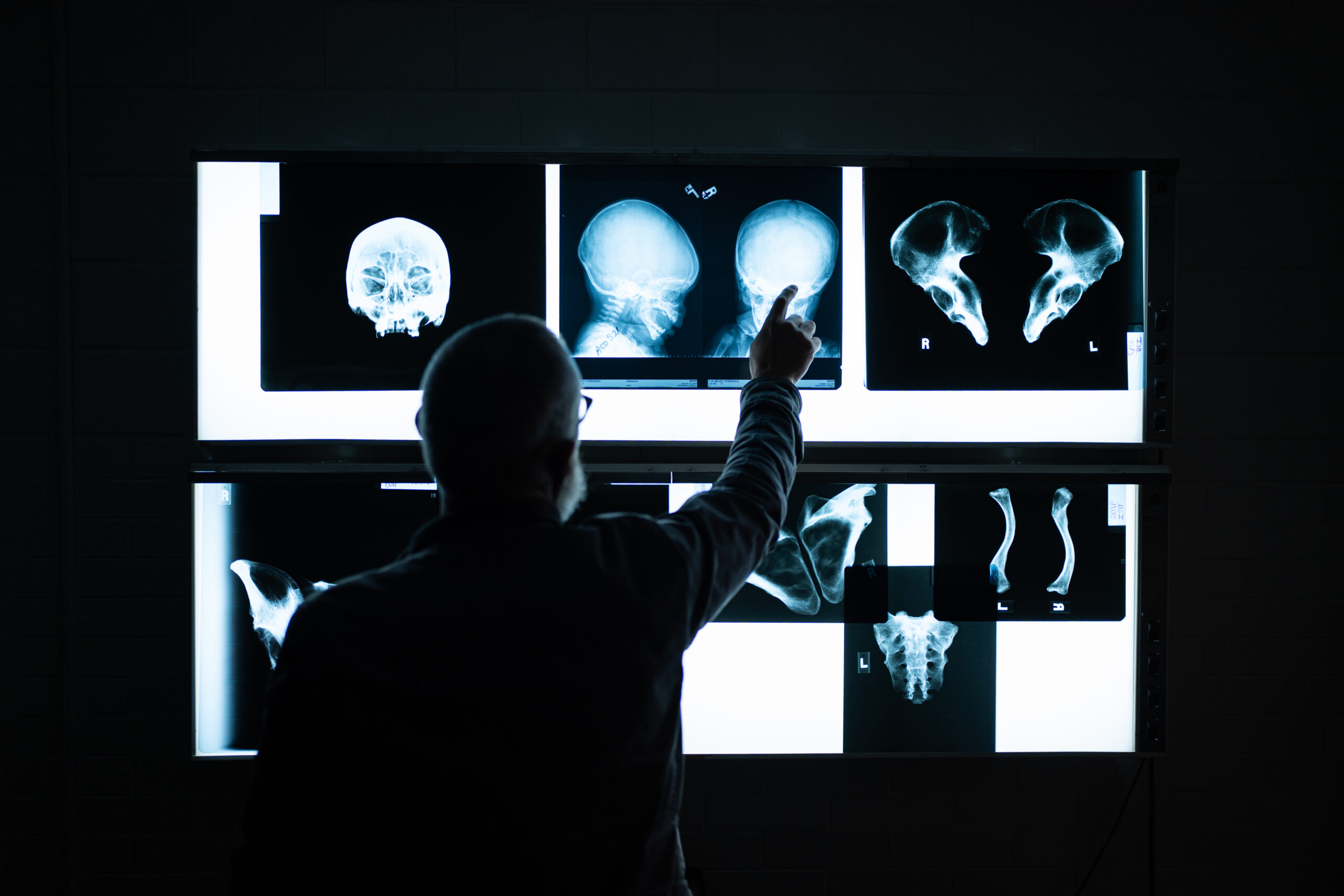
MSU to create first-of-its-kind database for analyzing human remains
When a medical examiner needs help identifying a deceased person and determining how that person died, they turn to forensic anthropologists. To aid in the identification of unknown human remains, forensic anthropologists are often called upon to create a biological profile, or an estimation of the unknown individual’s age, biological sex, social race (or ancestry)
-
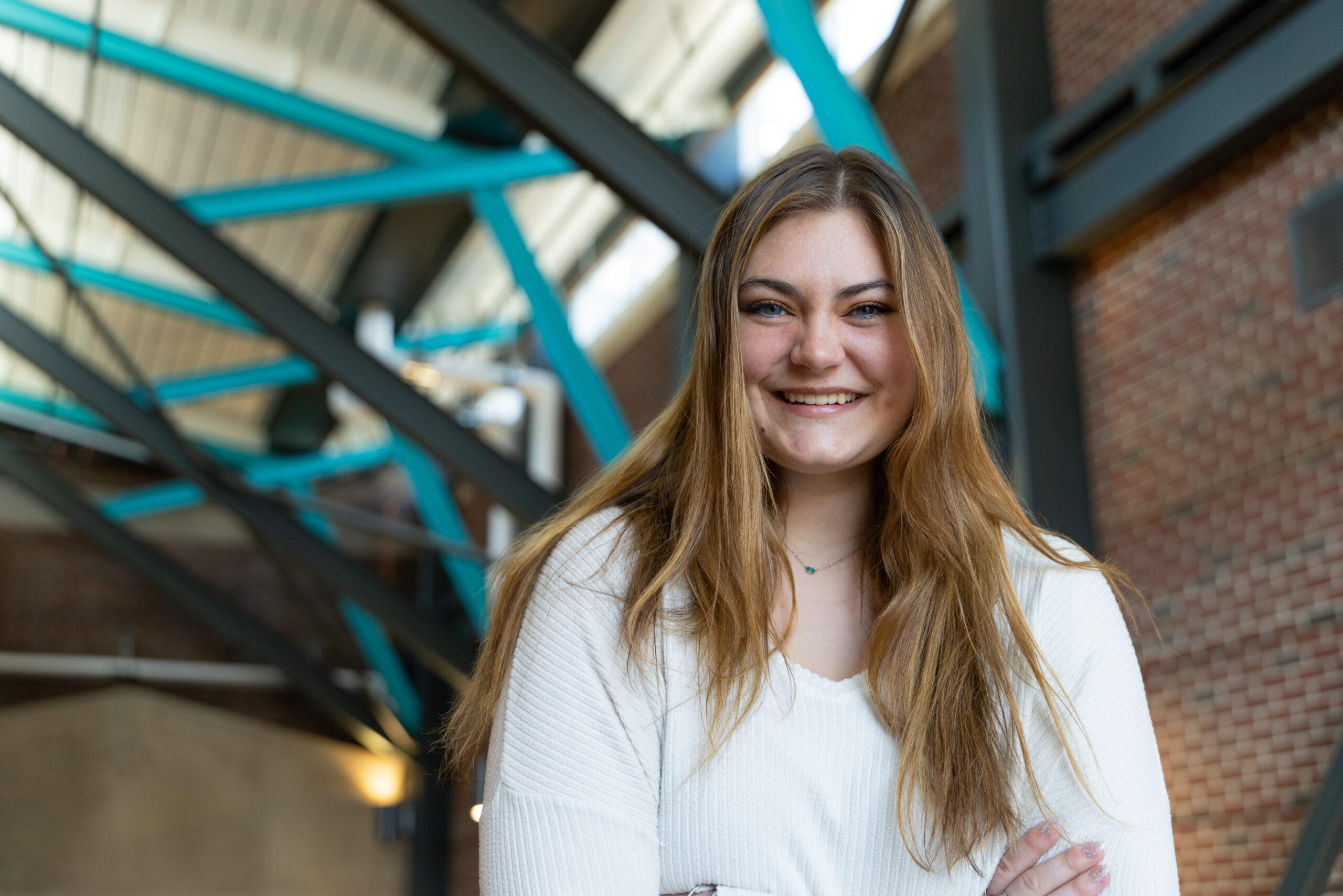
Anthropology student wins Outstanding Student Award for Undergraduate Research
Melissa Teja, a junior majoring in anthropology, started her journey at Michigan State University (MSU) seeking a communications degree. But after taking Introduction to Archaeology and participating in a study abroad field school in Belize her freshmen year, something changed her mind. “I cannot think of a month that went better for me, where I
-
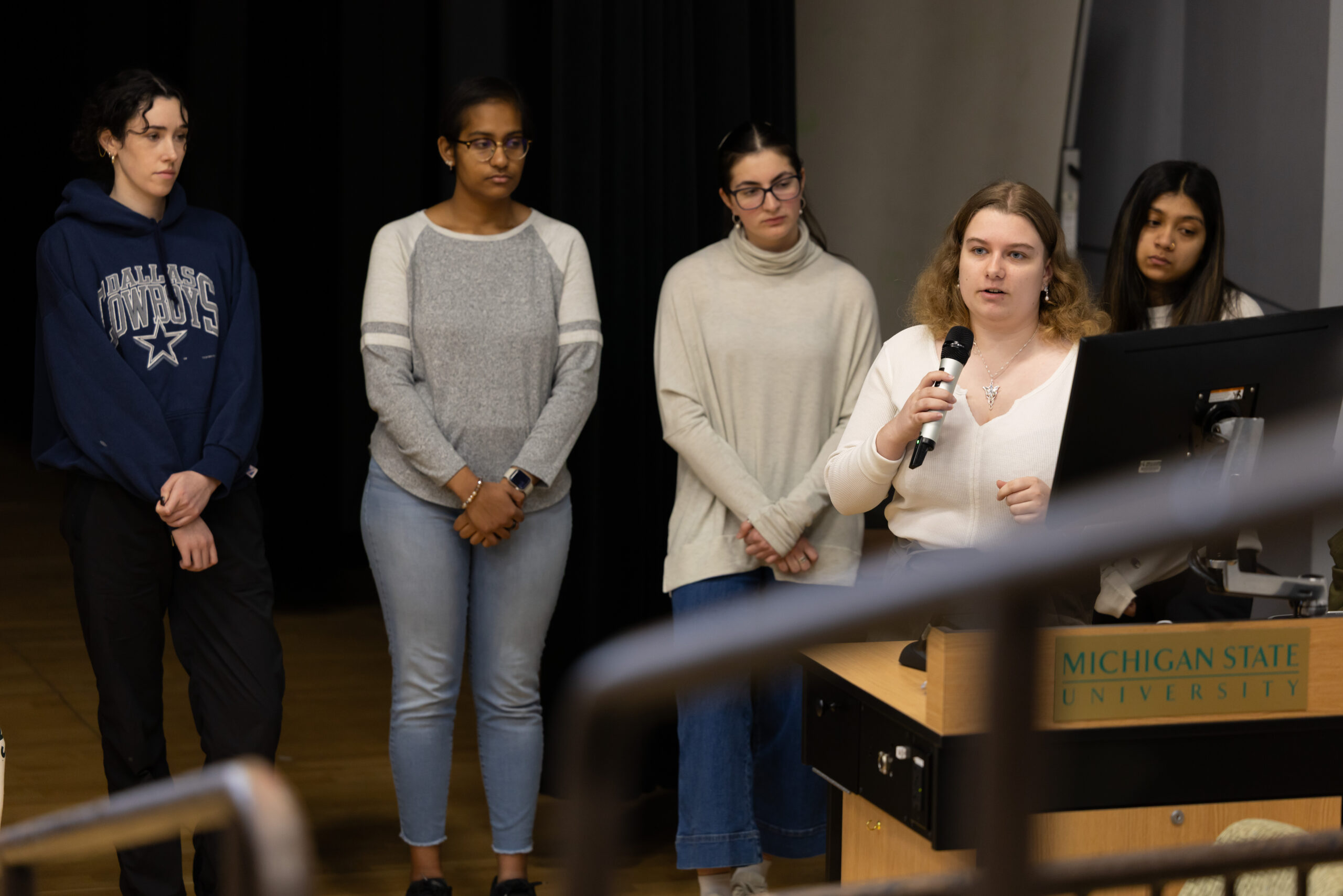
Spartan Spotlight: Claire Siegert
Last week, we had the opportunity to visit Dr. Monir Moniruzzaman’s Medical Anthropology class during student presentations. Claire Siegert, a sophomore anthropology student, and her group presented on a case study discussing global health issues and programs. Discover her story and learn how this class broadened her perspectives. What interested you about obtaining a degree
-
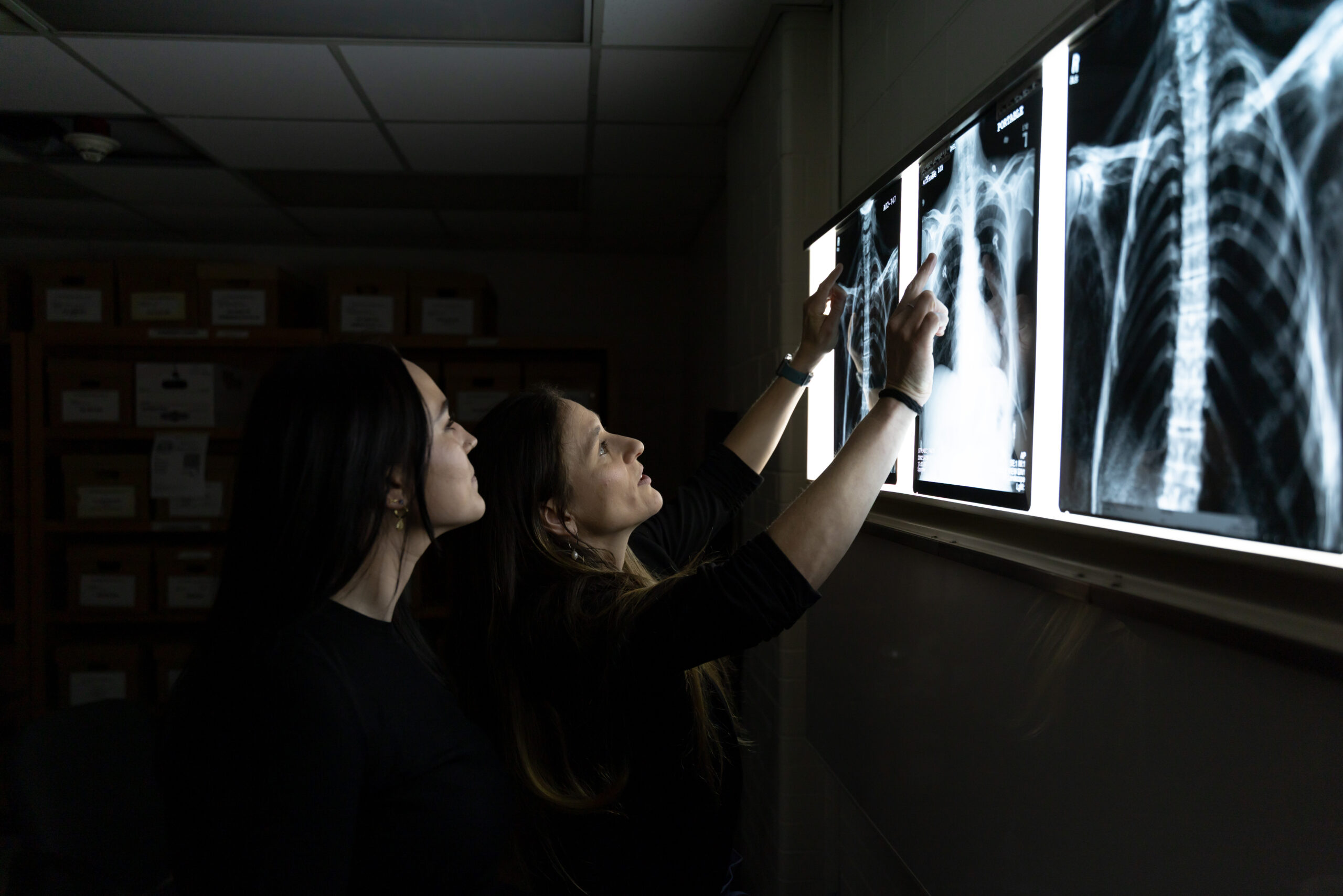
MSU forensic anthropologists use AI to enhance and accelerate human identification
An interdisciplinary team comprising of faculty and doctorial students from the Department of Anthropology and Computer Science and Engineering, have found a way to use artificial intelligence (AI) to help forensic anthropologists identify individuals faster and more efficiently. Members of the Michigan State University Forensic Anthropology Lab (MSUFAL), including Dr. Carolyn Isaac, Dr. Todd
-

MSU student to aid in identifying missing military personnel through internship
According to Defense POW/MIA Accounting Agency (DPAA), approximately 81,096 military personnel remain unaccounted for. Allison Thomson wants to change that. Thomson, senior anthropology undergraduate at Michigan State University (MSU), was selected for an internship with the DPAA in Omaha, Nebraska. Out of 135 applications, Thomson was one of six students selected. “I was incredibly excited
-

Michigan State University anthropologist explores Maya land governance in Belize
In Dr. Laurie Medina’s new book, Governing Maya Communities and Lands in Belize: Indigenous Rights, Markets, and Sovereignties, she examines the decades-long struggle by Q’eqchi’ and Mopan Maya communities in Belize to win state recognition of their Indigenous right to lands on which they have depended for generations. During the 1990s, in response to a debt
-
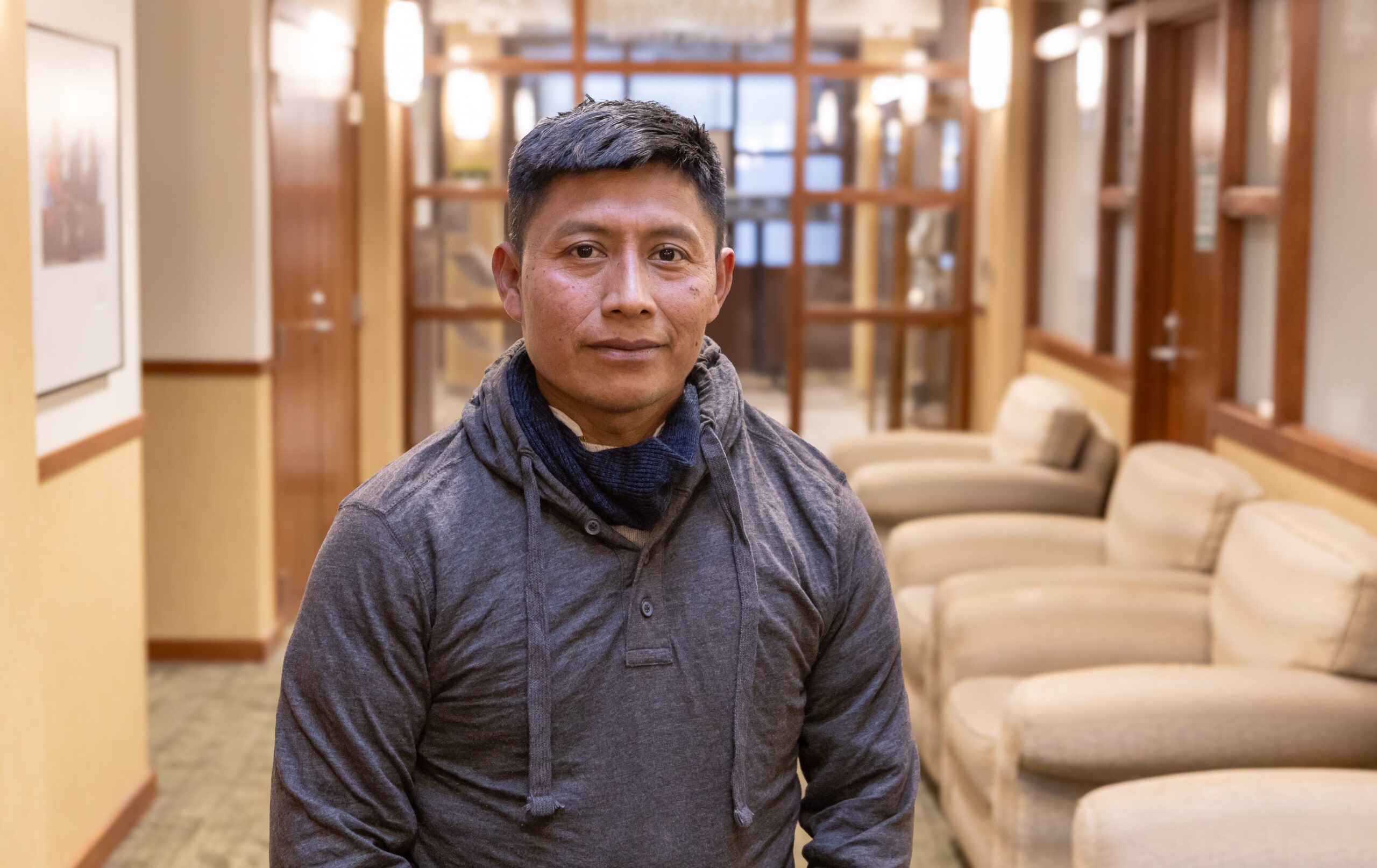
Michigan State University hosts Maya educator to discuss cultural and educational initiatives
Preserving Maya culture matters greatly to Filberto Rash and Dr. Gabriel Wrobel. Rash, a Q’eqchi’ Maya and principal of the Tumul K’in Center of Learning in the Toledo District of Belize, spent a week on campus in January as a guest of Wrobel, a professor and associate chair of the Department of Anthropology. The two
-

New study explores how Indigenous Knowledge shapes child development
Associate Professor Dr. Heather Howard of Michigan State University’s Department of Anthropology has always been interested in the politics of food. “I’ve long been interested in the socio-cultural dimensions of nourishment and how these connect to knowledge about illness and disease,” Howard said. Howard is part of Wiba Anung—a collaborative partnership between MSU and the
-
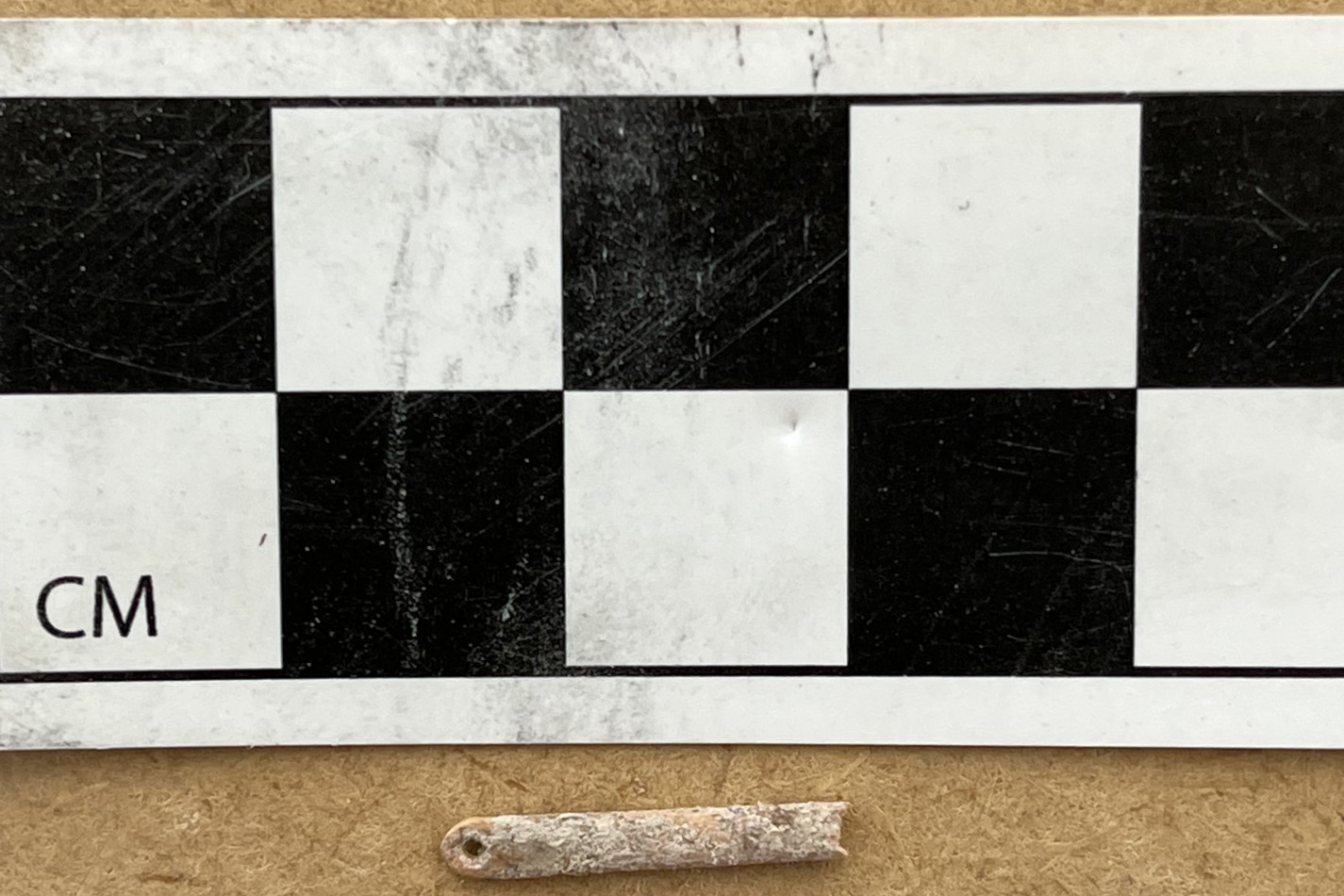
Bone Needles Uncover New Insights Into Clovis Culture and Ice Age Life
Tiny bone needles discovered at an archaeological dig site in Wyoming are helping tell the story of Indigenous communities during the Ice Age in North America. Dr. Madeline Mackie, faculty for the Department of Anthropology at Michigan State University, co-authored a new bone needle study in the scientific journal PLOS ONE. “These needles offer a really